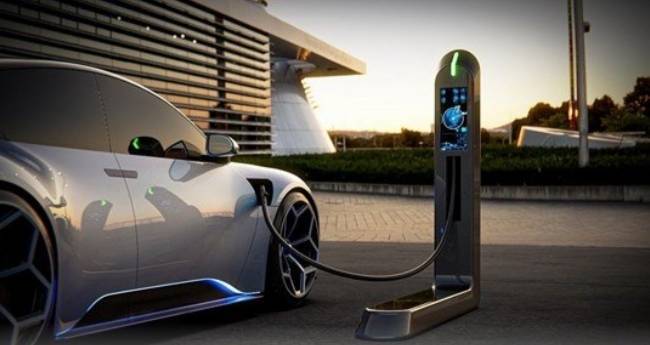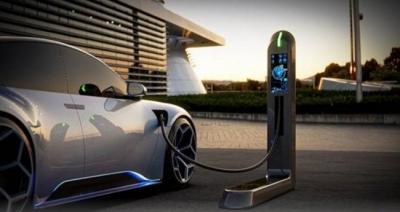The world is moving towards expanding the electric car industry in an effort to reduce vehicle emissions and mitigate global warming. However, the significant repercussions of the Russian-Ukrainian war on the energy market will accelerate the shift to electric vehicles. Several countries have committed to transitioning to environmentally friendly cars by 2030. In 2021, electric cars accounted for 9% of total new car sales globally, up from 2.5% in 2019, according to the International Energy Agency. So, where does Lebanon stand in all this?
Despite the crises in Lebanon, the electric car market is witnessing a surge in interest. Jean Aadam, the sales manager at one of Lebanon's leading companies, confirms that “the marketing of this type of cars is still timid, which explains the Lebanese fear regarding the range that electric cars can travel and their speed,” while expressing optimism that the Lebanese market is very promising in the coming years.
In an interview with MTV, Aadam explained how battery charging works: “Each car comes with a dedicated charger with a power of 6, 8, or 12 amperes, which can be plugged into household sockets. Several gas stations have started installing Fast Charge cables that reduce the charging time to between half an hour and an hour.” He clarified that the range of electric vehicles varies between 300 km, 450, 550, and 700 km.
However, with electricity almost completely absent from Lebanese homes, a pressing question arises for everyone: Electric car or no electricity? In this context, Aadam noted that those who decide to replace their car with an electric one typically prepare by installing solar energy systems, emphasizing that no one buys an electric car without proper guarantees.
He added, “The Lebanese market is promising, and we won’t wait 10 years to witness progress in the car market; it’s related to the improvement of electricity supply hours. With the installation of Fast Charge stations, Lebanese people will turn to electric cars, which will become cheaper as demand increases.”
Lebanese problems and concerns go beyond just electricity; they also include the costs of car parts and oil, which are paid in fresh cash or according to the black market rate. Here lies the advantage of electric cars, which will alleviate this burden for the Lebanese due to having fewer moving parts that could break down. In this regard, Aadam said, “The car won’t need to enter the garage for periodic inspections or part replacements, as its motor runs on electricity and its battery is made of lithium.”
Aadam summed up the advantages of electric cars by stating, “They are better than traditional cars, more secure, cost-effective, and safer.”




